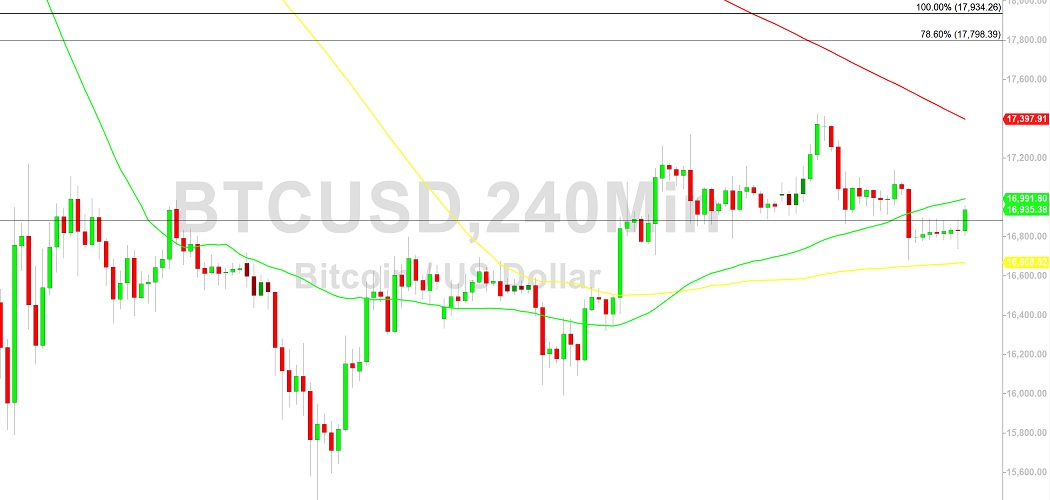Image source: Getty Images
Passive income has never been more important for UK investors. Over the last year, prices have risen at around twice the pace of the median wage, so there’s an income gap to be filled.
Setting up a portfolio of stocks that will generate passive income for me is something I can do straight away. With £1,000, I’d start by investing £250 in each of the following stocks:
Kraft Heinz
I’d start with Kraft Heinz. This is one of the largest investments in Warren Buffett’s portfolio and I’d buy it if I were setting out on a passive income journey.
I think the company is likely to generate steady cash flows for the foreseeable future. Accordingly, I’m expecting a consistent stream of passive income from the business.
The downside to this stock is that its products are somewhat unfashionable. Consumers generally have been trying to buy fresh produce, rather than packaged foods.
With a recession on the way, though, I think a number of shoppers are likely to have to compromise. And I expect this to play into the hands of businesses like Kraft Heinz.
Rightmove
I’d also buy shares in Rightmove. The UK’s largest property platform doesn’t have an eye-catching dividend yield, but I think it’s a great passive income stock nonetheless.
The company’s dividend yield isn’t large, but it’s growing quickly. Since 2012, the business has increased its dividends by an average of 15% per year.
In addition, the company distributes earnings via buybacks. Since 2017, Rightmove has repurchased 5% of its shares, allowing shareholders to sell part of their investment without diluting their overall stake in the business.
A decline in the housing market (which I think is likely) could challenge the company’s revenue growth. But Rightmove has such good control of its costs that I expect it to generate significant free cash even in a downturn.
Agree Realty
To diversify my portfolio, I’d also invest in real estate. And Agree Realty is the stock I would buy today for this.
The company makes money by owning and leasing retail properties. Its focus on finding quality tenants with strong credit ratings helps it maintain a steady dividend stream.
One concern with Agree Realty is that its share count keeps increasing. When this happens, the value of each share goes down.
Crucially, though, the company’s revenue has grown faster than its share count. The number of shares has increased by around 20% per year, compared to a 28% average annual increase in revenue.
The rising share count therefore increases value for shareholders overall. so I don’t see this as a problem for investors.
Aviva Preferred
Lastly, I’d buy preferred shares in Aviva. I expect this to provide a steady passive income stream while adding further diversification.
Preferred dividends are less risky than common stock dividends. This is because they have to be paid in full before any dividends can be paid to common shareholders.
The downside with preferred shares is that the dividend can’t be increased. Where common equity dividends can grow, preferred dividends are fixed.
That’s a drawback, but it doesn’t stop me wanting to buy the stock right now. The dividend yield is over 7%, which makes it a stock I’d buy for starting a passive income portfolio today.
Credit: Source link














